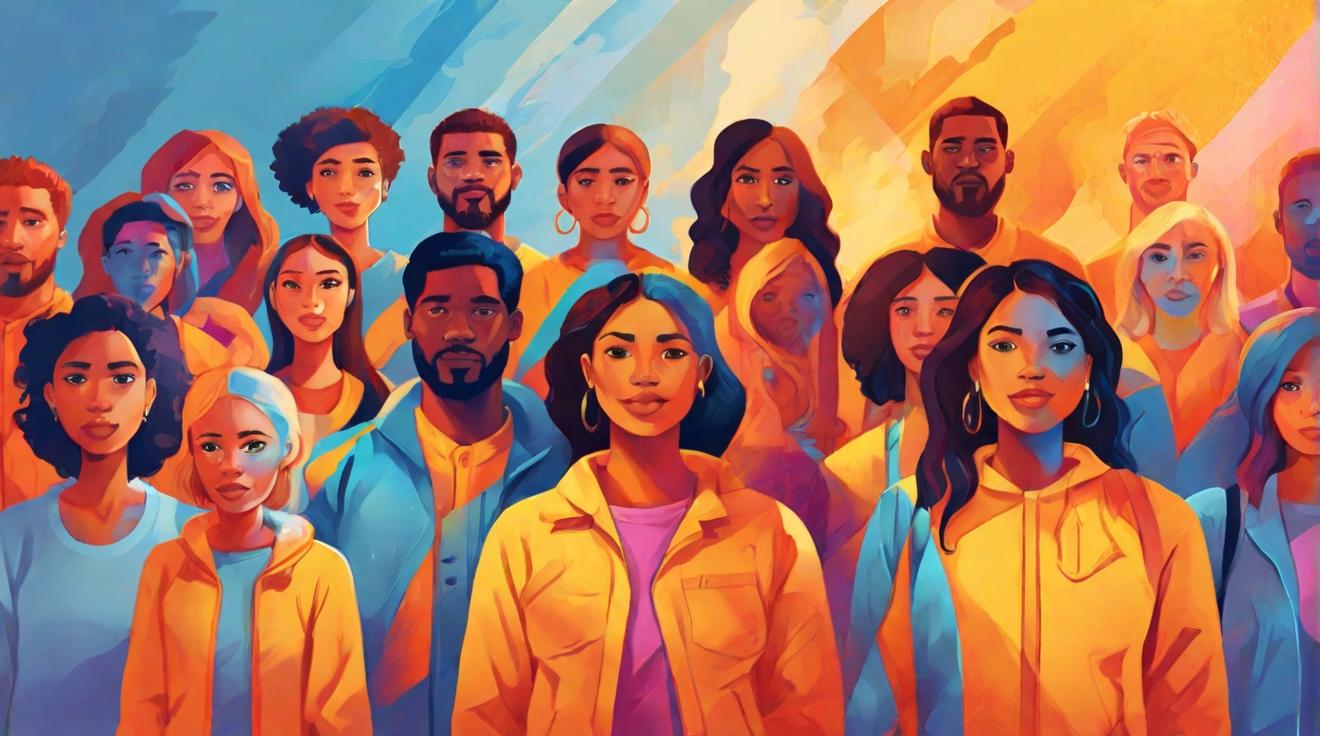Sheetz Faces Federal Lawsuit Over Alleged Discrimination
Sheetz Inc., a prominent convenience store chain with more than 700 locations across six states, has come under legal scrutiny by federal officials. The company is accused of engaging in discriminatory hiring practices against minority job applicants, particularly targeting Black, Native American, and multiracial candidates. These allegations pose a significant challenge to Sheetz's reputation and raise questions about the inclusivity of its employment practices.
According to the Equal Employment Opportunity Commission (EEOC), Sheetz is alleged to have systematically excluded applicants based on the outcomes of criminal background checks. This approach, officials argue, disproportionately affects minority groups, violating Title VII of the Civil Rights Act of 1964. This law strictly prohibits workplace discrimination on grounds such as race, sex, religion, and national origin, aiming to foster an equitable job market.
The lawsuit, spearheaded by EEOC attorney Debra M. Lawrence, emphasizes that any employment practice leading to a disparate impact due to race or other protected classifications must be justifiably necessary. Even then, it is considered unlawful if there exists a less discriminatory method that meets the employer's objectives. The EEOC's findings, illustrating a higher rejection rate among minority applicants due to criminal history screening, underpin their case against Sheetz.
Sheetz, for its part, vehemently denies any form of discrimination, asserting that diversity and inclusion are foundational to its corporate ethos. "We take these allegations seriously," stated Nick Ruffner, a spokesperson for Sheetz, highlighting the company's lengthy engagement with the EEOC to resolve the issue.
The case originated from complaints filed by two job seekers, leading to an EEOC investigation that revealed disparities in hiring outcomes by race. Specifically, Black applicants faced a rejection rate of 14.5%, multiracial candidates 13.5%, and Native Americans 13%, as opposed to less than 8% for white applicants. These statistics have propelled the legal action forward, with attempts at mediation between Sheetz and the EEOC failing to yield a resolution.
This lawsuit not only challenges Sheetz's hiring policies but also signals a broader concern for corporate America's responsibility to ensure non-discriminatory practices. As the case proceeds, it will undoubtedly test the legal and ethical boundaries of employment screening processes and their impact on equal opportunity.
Analyst comment
Negative news. Market impact: Sheetz’s reputation may suffer and the company may face legal consequences. Investors may be cautious due to potential financial penalties and damage to the company’s image. Increased scrutiny on discriminatory hiring practices may pressure other companies to review their own practices.













